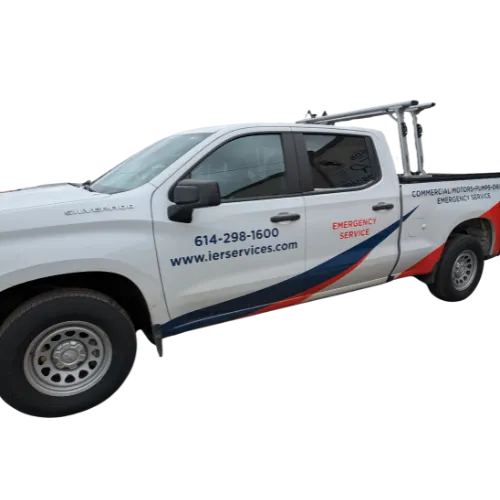HOME – PUMPS
For large-scale pools used in commercial facilities, municipal recreation centers, or resort environments, an industrial-size pool pump is critical to maintain optimal water circulation and quality. Our expertise—rooted in over 25 years of industrial experience—ensures that your high-demand pool systems are equipped with the most reliable and energy-efficient pumps available.
An industrial pool pump is engineered to handle the vast volumes of water in large pools. It works by:
Circulating Large Volumes: Pulling water from the pool and pushing it through filters, heaters, and other treatment equipment.
Maintaining Water Quality: Efficiently filtering out debris and contaminants, ensuring a safe and hygienic environment.
Supporting Complex Systems: Integrating with advanced water treatment, heating, and chemical distribution systems required by high-capacity pools.
Industrial pumps incorporate robust components designed for heavy-duty use:
Heavy-Duty Housing: A durable, corrosion-resistant shell that withstands continuous operation.
Enhanced Strainer Basket: Larger capacity baskets engineered to filter out significant amounts of debris before the water passes through internal mechanisms.
Industrial-Grade Motor: High-powered motors that drive the pump at constant performance levels.
Advanced Impeller Systems: Precisely engineered impellers and diffuser assemblies that generate the necessary force to move large water volumes efficiently.
Reinforced Seals and Gaskets: Specialized sealing systems that ensure a watertight fit under continuous, high-pressure operation.
Proper installation is paramount to handle the elevated demands of industrial pool systems:
Professional Installation: Always utilize experienced pool service technicians or licensed electricians familiar with industrial equipment.
Compliance with Codes: Adhere to standards such as the National Electrical Code to mitigate electrical hazards.
Enhanced Safety Features: Industrial pumps often include additional safeguards against overheating and operational malfunctions.
Given their power requirements, industrial pool pumps represent a significant energy investment. Here’s how to optimize costs:
Calculate Power Usage: Review the pump’s voltage and amperage to determine its wattage.
Determine Kilowatt-Hours: Convert the wattage to kilowatts and multiply by the operating hours.
Optimize Run Times: Utilize variable-speed pumps that allow you to adjust operating levels based on pool demand and peak energy rates.
Monitor and Maintain: Regular maintenance ensures the pump operates at peak efficiency, reducing energy wastage and downtime.
Industrial pumps are built for durability, but regular issues can still occur:
Air Ingestion: Low water levels or improper priming may cause the pump to run dry, resulting in excessive noise and reduced efficiency.
Component Wear: Over time, heavy-duty components like bearings and impellers may show signs of wear—prompt maintenance can prevent system failures.
Debris Blockage: In high-usage environments, increased debris can clog strainer baskets and impellers, leading to noisy operation and decreased performance. If persistent issues arise, engage with a qualified industrial service professional to diagnose and resolve the problem.
Choosing an industrial pump requires a precise understanding of your pool’s capacity and circulation needs:
Assess Pool Volume: Calculate the total volume of your pool, then determine the desired turnover rate (typically two to three complete circulations per day).
Determine Flow Rate Requirements: Convert this volume into a required flow rate (in gallons per minute) that matches the pump’s specifications.
Avoid Oversizing: An oversized pump wastes energy, while an undersized pump can’t maintain proper water quality.
Review Technical Specifications: Ensure that the pump’s performance parameters (flow rate, head, and energy consumption) align with your operational needs.
In large pools, using solar or thermal covers can help maintain water temperature. Industrial pumps can operate with these covers:
Monitor Debris: Ensure covers are free of accumulated debris before operation.
System Integration: Coordinate cover usage with pump cycles to optimize both heating and filtration without compromising pump efficiency.

We know that every minute counts when your equipment is down. Our team is ready to respond swiftly, diagnose the issue, and get your systems back up and running as quickly as possible. Whether it’s an emergency repair or scheduled maintenance, we’re here to help.
info@ierservices.com